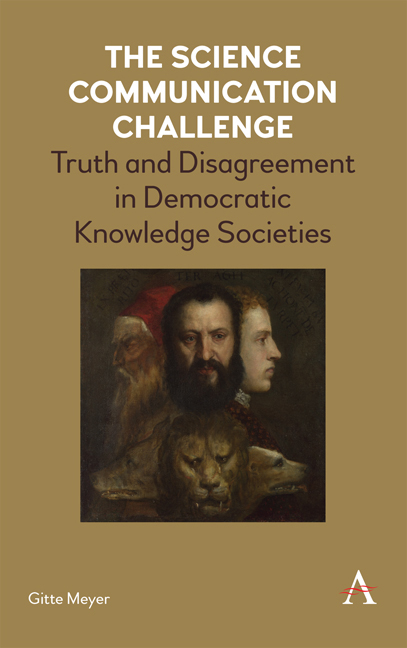Book contents
4 - The Elusive Concept of Modern Politics
Published online by Cambridge University Press: 21 June 2018
Summary
Just about a century ago, the concept of technocracy was introduced into the English language as a positive term signifying an orderly society, governed like a well- oiled machine by an elite of technicians. In current European usage, the concept is mostly used as a term of abuse, but the inventor of the term – British- born American engineer William Henry Smyth (1885– 1940) – was blessed with ignorance of that future fact. He introduced the concept into American usage in the wake of the Great War (1914– 18). Calling for ‘a Supreme National Council of Scientists – supreme over all other National Institutions – to advise and instruct us how best to Live, and how most efficiently to realize our Individual and our National Purpose and Ideals’, he described the members of this supreme council as the ‘Managing Directors’ of society.
In the United States, according to Smyth, the war had facilitated the development of a completely new form of government. He called this new form technocracy, defining the meaning of the term as ‘the organizing, co- ordinating and directing through industrial management on a nation- wide scale of the scientific knowledge and practical skill of all the people who could contribute to the accomplishment of a great national purpose’.
Smyth was a visionary. His vision and mission concerned the replacement of politics by scientific management. At the same time, however, he saw himself as a proponent of democracy: ‘Carry this new form of government into the days of peace,’ he argued, ‘and we will have industrial democracy – a new commonwealth.’ Indeed, to his mind, technocracy was similar to ‘rationalized Industrial Democracy’. It would also, as he saw it, be a significant improvement if compared to democracy ‘in the rough’ – that was, in the shape of ‘the rule of the mob, the rule of the masses, the rule of the majority – the rule of un- intelligence’. Humankind, according to Smyth, was driven by ‘the four great human instincts – to live, to make, to take, to control’ and therefore needed a superior technical- scientific intelligence to rule it.
- Type
- Chapter
- Information
- The Science Communication ChallengeTruth and Disagreement in Democratic Knowledge Societies, pp. 97 - 134Publisher: Anthem PressPrint publication year: 2018

